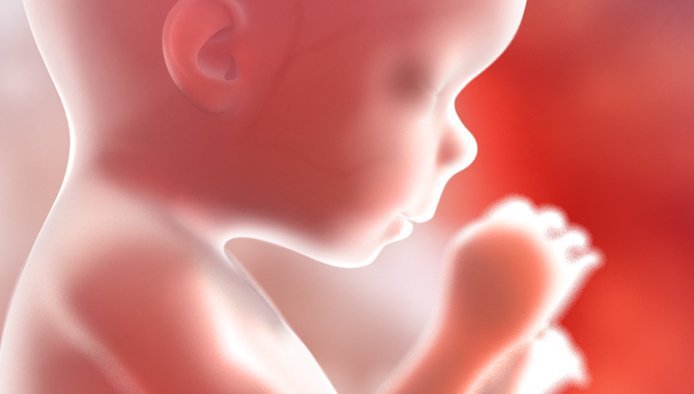Some commentators have argued that human embryos are individual human beings but they add that they are not human persons because they cannot sense or think or feel or desire. Consequently, it is argued that human embryos do not have moral status and thus cannot claim any rights including the right to life. Only human persons have a right to life and human embryos are not human persons.
 To respond to this argument, we should point out that the fundamental mistake of this non-personhood argument is that it embraces a flawed dualistic anthropology. It embraces a false understanding of the human being. Numerous scholars have convincingly shown that the non-personhood argument inevitably leads either to substance dualism or to the rejection of the embodied experience of human persons. In other words, it forgets that human persons are not just minds. We are embodied beings. Thus, our personhood and our bodies are inseparable. Consider our commonsense experience. When we are sick, we do not say, “My body is sick.” We say, “I am sick.” When someone hits us, we do not say, “Don’t hit my body.” Instead we say, “Don’t hit me!” Our identity, our personhood, has a bodily dimension.
To respond to this argument, we should point out that the fundamental mistake of this non-personhood argument is that it embraces a flawed dualistic anthropology. It embraces a false understanding of the human being. Numerous scholars have convincingly shown that the non-personhood argument inevitably leads either to substance dualism or to the rejection of the embodied experience of human persons. In other words, it forgets that human persons are not just minds. We are embodied beings. Thus, our personhood and our bodies are inseparable. Consider our commonsense experience. When we are sick, we do not say, “My body is sick.” We say, “I am sick.” When someone hits us, we do not say, “Don’t hit my body.” Instead we say, “Don’t hit me!” Our identity, our personhood, has a bodily dimension.
Thus, a proper understanding of personhood has to appreciate that whereever our bodies are, there we are. More important for our purposes, however, a proper understanding of personhood would acknowledge that whenever our bodies were, there we were as well. And as we discussed above, if there is anything that developmental biology has shown us over the last few decades, it is that our bodies have their origins at fertilization. Thus, a human embryo is a person because he is the same embodied being, the same person, as he will be when he is an adult.
Finally, it is important to recognize that the non-personhood argument rests upon a revisionist understanding of the concept of personhood. Commonly understood, calling someone a person tells you something about what kind of being he or she is. It is just like calling someone a mammal. Recall that a mammal is an animal that can lactate and bear live young. Now a human embryo cannot lactate or bear live young. Thus, if we follow the logic of the non-personhood argument, then we would have to say that the human embryo is not a mammal. In fact, to be consistent, we would also have to say that an adult human male is not a mammal because he certainly cannot lactate or bear live young. But, adult human males are mammals! As a human male, a man is a mammal not because he as an individual can lactate or bear live young but because he belongs to a class of animals some of whom can lactate and bear live young.
In the same way, an adult human male is a person not because he can think or feel or desire right now but because he belongs to a class of animals, a species of animal, which by nature is able to think and feel. Thus, the human embryo is a mammal and a person, not because it can lactate or bear live young or feel or think, but because it is a kind of being, a human being, which has a nature that includes the capacities to do these things.
(© 2011 Fr. Nicanor Pier Giorgio Austiaco, O.P.)




Pingback: Is the Human Embryo a Person? « The Deeps of Time()